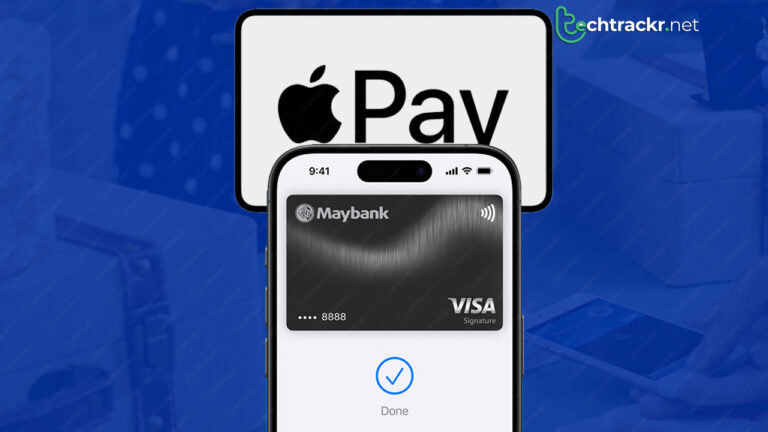
Apple is willing to let other wallet and payment services access its NFC chip in the EU. This decision will end Apple’s exclusive control over the NFC chip for Apple Wallet and Apple Pay. The tech giant from Cupertino made this proposal in response to the European Commission’s antitrust investigation.
The commission has put up an online post seeking opinions on Apple’s promises. Notably, Apple is suggesting to open up its NFC payment tech on its devices to resolve the antitrust accusations and steer clear of a potential big fine. Let’s check out the latest news on Apple’s NFC payment situation.
The EU Commission accused Apple of preventing access to its tap-and-go mobile payment systems based on NFC. This made it tough for third-party mobile wallet and payment solution developers to provide alternative payment choices on iPhones and Apple Watches. The antitrust investigation by the EU Commission alleges that Apple is anti-competitive in the realm of Apple Pay and Wallet, and this has been an ongoing issue for a few years.
Now, Apple has pledged to let third-party app developers tap into its NFC chip. These apps will function independently of Apple Pay or Apple Wallet, providing users with a tap-to-pay feature.
Apple stated that it will grant access to mobile payments, banking, and digital wallet apps operating in the European Economic Area (EEA). This will allow users to choose the app they want to use for making payments. In 2020, the EU Commission kicked off an antitrust campaign against Apple for having exclusive control over NFC chips in iPhones and the Apple Watch.
Before this, Apple followed the EU regulation to include a USB-C port in its iPhone lineup. The company rolled out its iPhone 15 series globally, equipped with a USB Type-C port. The EU Commission also urged Apple to enable sideloading on iPhones. However, Apple has not implemented it yet, with Tim Cook expressing concerns that sideloading apps can compromise privacy and security.
